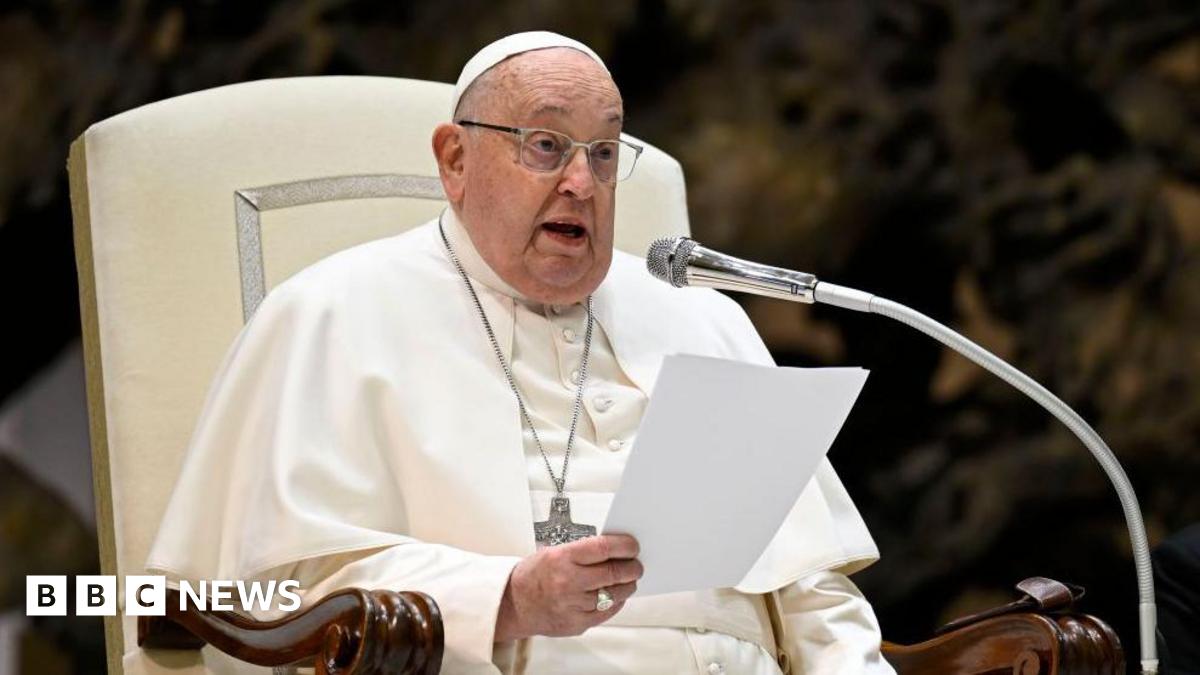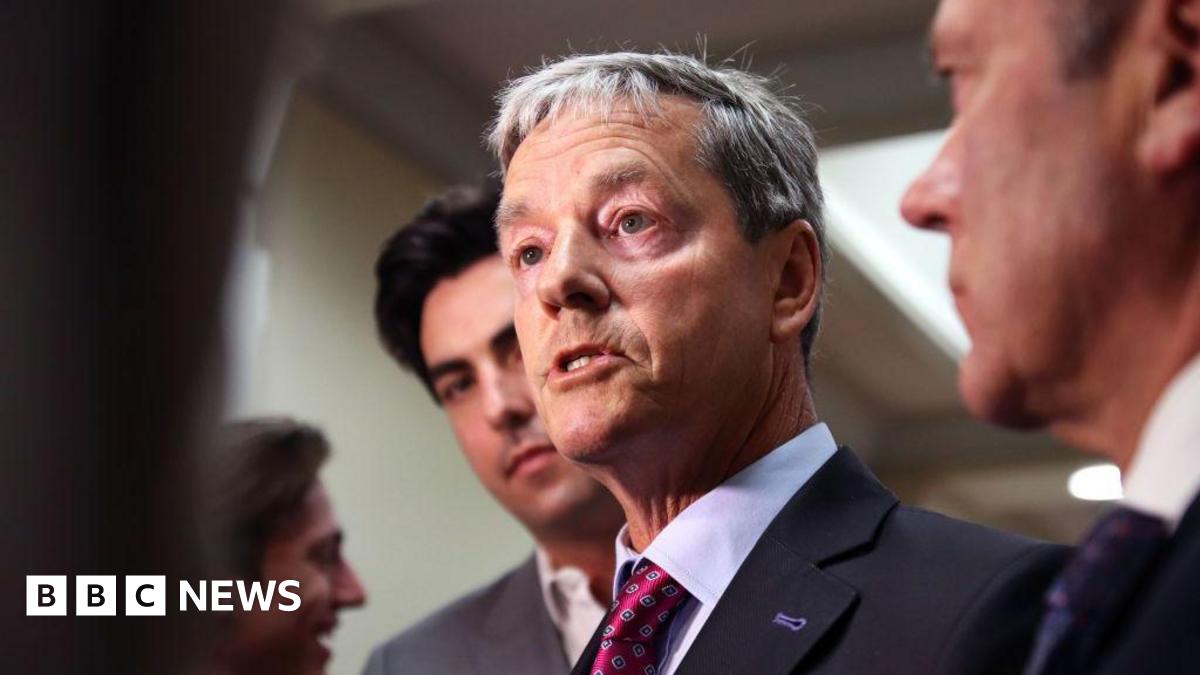Trump's Presidency: An Analysis Of Its Impact On World Order

Table of Contents
Trump's Presidency: A Disruptive Force in World Order
WASHINGTON, D.C. – The presidency of Donald Trump (2017-2021) marked a significant departure from traditional American foreign policy, leaving a complex and lasting impact on the global order. His administration's "America First" approach, characterized by unilateralism, nationalism, and a rejection of multilateral agreements, triggered both praise from his supporters and widespread criticism from opponents and international allies. Analyzing its consequences requires examining key areas where his policies significantly diverged from his predecessors.
Withdrawal from International Agreements: One of the most defining features of the Trump presidency was its withdrawal from several key international agreements. This included the Iran nuclear deal (JCPOA), the Paris Agreement on climate change, and the Trans-Pacific Partnership (TPP) trade agreement. These decisions were justified by the administration as necessary to protect American interests, arguing that the agreements were unfair or detrimental to the U.S. economy. However, critics argued that these withdrawals weakened international cooperation on critical global issues, emboldened adversaries, and undermined American leadership on the world stage. The withdrawal from the TPP, for example, left a vacuum that China actively sought to fill, enhancing its regional influence. Similarly, the abandonment of the Paris Agreement jeopardized global efforts to combat climate change, a challenge requiring coordinated international action. The implications of withdrawing from the JCPOA, a deal aimed at preventing Iran from developing nuclear weapons, remain a subject of ongoing debate, with Iran subsequently resuming some of its nuclear activities.
Trade Wars and Protectionism: Trump's administration initiated a series of trade disputes, most notably with China. These "trade wars," involving the imposition of tariffs on billions of dollars worth of goods, disrupted global supply chains, led to increased prices for consumers, and fueled uncertainty in the international market. While the administration argued that these actions were necessary to protect American industries and address unfair trade practices, critics contended that they harmed American businesses, consumers, and global economic stability. The long-term effects of these trade disputes are still unfolding, with ongoing negotiations and adjustments in global trade patterns.
Shifting Alliances and Relationships: The Trump administration's approach to alliances was marked by unpredictability and a willingness to challenge long-standing partnerships. This was evident in his strained relationships with key allies such as Canada, Mexico, and members of the European Union. Simultaneously, the administration pursued closer ties with some authoritarian regimes, including those in Russia and North Korea, prompting concerns about undermining democratic values and human rights. These shifts in alliances and relationships created uncertainty and instability in the international system, raising questions about the future of multilateralism and the role of the U.S. in maintaining global security. For instance, his meetings with North Korean leader Kim Jong Un, while unprecedented, yielded limited progress on denuclearization.
Increased Nationalism and Populism: Trump's presidency coincided with a global surge in nationalism and populism. His rhetoric and policies reflected this trend, emphasizing national sovereignty and prioritizing domestic concerns over international cooperation. This approach, while resonating with a segment of the American population, was viewed by many as divisive and detrimental to international relations. It fueled anti-globalization sentiments and contributed to a climate of political polarization both domestically and internationally.
Conclusion: The Trump presidency's impact on world order is multifaceted and far-reaching. While some argue that his policies were necessary to address long-standing issues of unfair trade and American exceptionalism, others contend that his actions weakened international cooperation, undermined American leadership, and created significant global instability. The long-term consequences of his administration's policies continue to unfold, shaping the geopolitical landscape and influencing international relations in profound ways. Further research and analysis will be needed to fully comprehend the lasting effects of this transformative period in American foreign policy.

Featured Posts
-
 Artists Threaten Kennedy Center Show Cancellation Amid Declining Sales
Feb 25, 2025
Artists Threaten Kennedy Center Show Cancellation Amid Declining Sales
Feb 25, 2025 -
 Pentagon Purge Navigating Uncharted Territory Under Trumps Leadership
Feb 25, 2025
Pentagon Purge Navigating Uncharted Territory Under Trumps Leadership
Feb 25, 2025 -
 Grieving Mother Creates Massive Sculpture After Sons Death In Deadliest Pre 9 11 Plane Attack
Feb 25, 2025
Grieving Mother Creates Massive Sculpture After Sons Death In Deadliest Pre 9 11 Plane Attack
Feb 25, 2025 -
 Pope Francis Health Critical But Showing Signs Of Progress
Feb 25, 2025
Pope Francis Health Critical But Showing Signs Of Progress
Feb 25, 2025 -
 Ice Arrest Of Us Veteran Wife Shares Account
Feb 25, 2025
Ice Arrest Of Us Veteran Wife Shares Account
Feb 25, 2025
Latest Posts
-
 Sag Awards Red Carpet Arrivals Millie Bobby Brown Timothee Chalamet And Mikey Madison
Feb 25, 2025
Sag Awards Red Carpet Arrivals Millie Bobby Brown Timothee Chalamet And Mikey Madison
Feb 25, 2025 -
 Southport Yoga Studio Attack Teachers Brave Escape From Danger
Feb 25, 2025
Southport Yoga Studio Attack Teachers Brave Escape From Danger
Feb 25, 2025 -
 Musk Questions Federal Workforce A Call For Work Explanation
Feb 25, 2025
Musk Questions Federal Workforce A Call For Work Explanation
Feb 25, 2025 -
 Andrew Bayly Resignation Nz Minister Admits Placing Hand On Staffs Arm
Feb 25, 2025
Andrew Bayly Resignation Nz Minister Admits Placing Hand On Staffs Arm
Feb 25, 2025 -
 The Unending War Ukraines Fight For Survival After Three Years Of Conflict
Feb 25, 2025
The Unending War Ukraines Fight For Survival After Three Years Of Conflict
Feb 25, 2025
